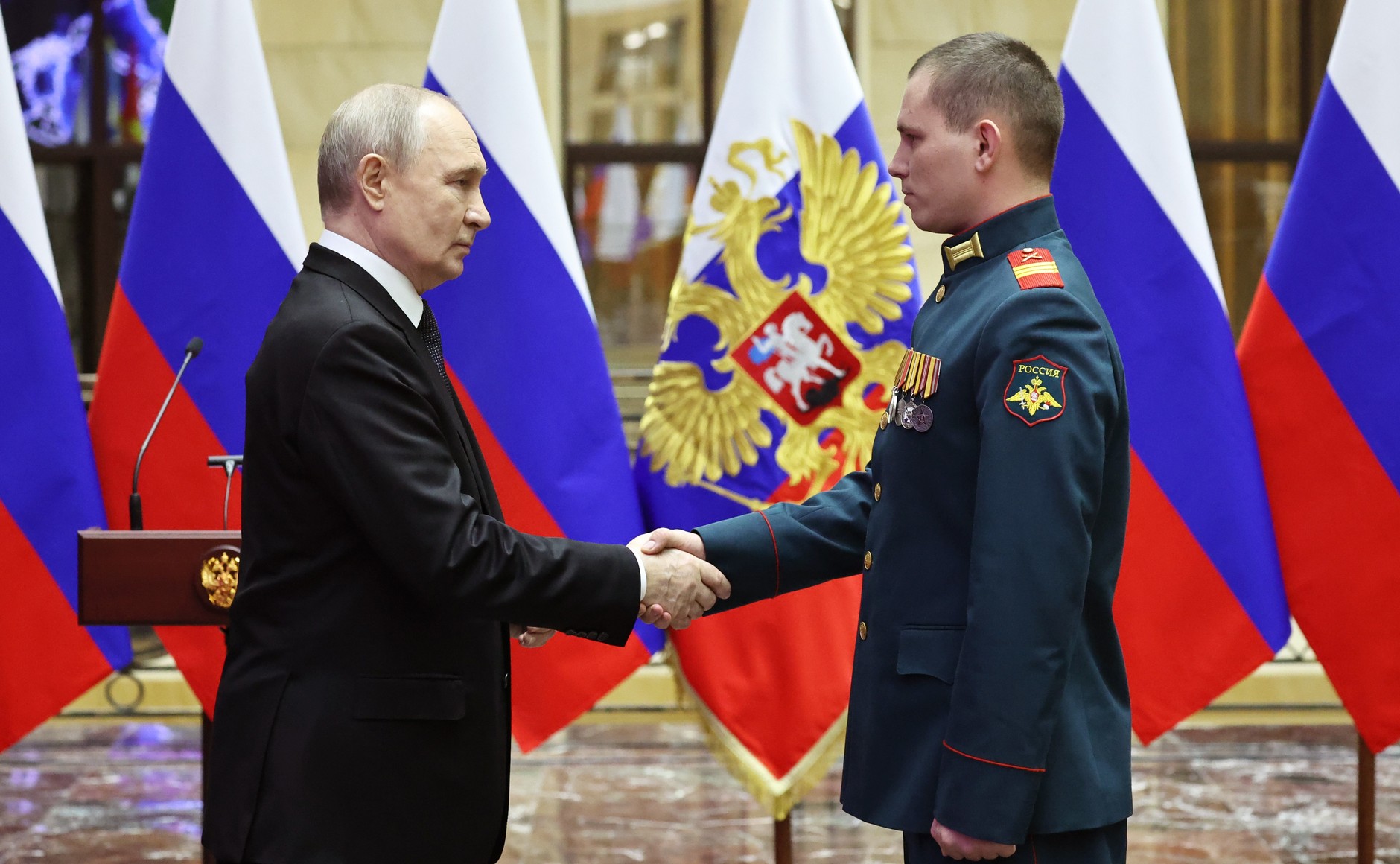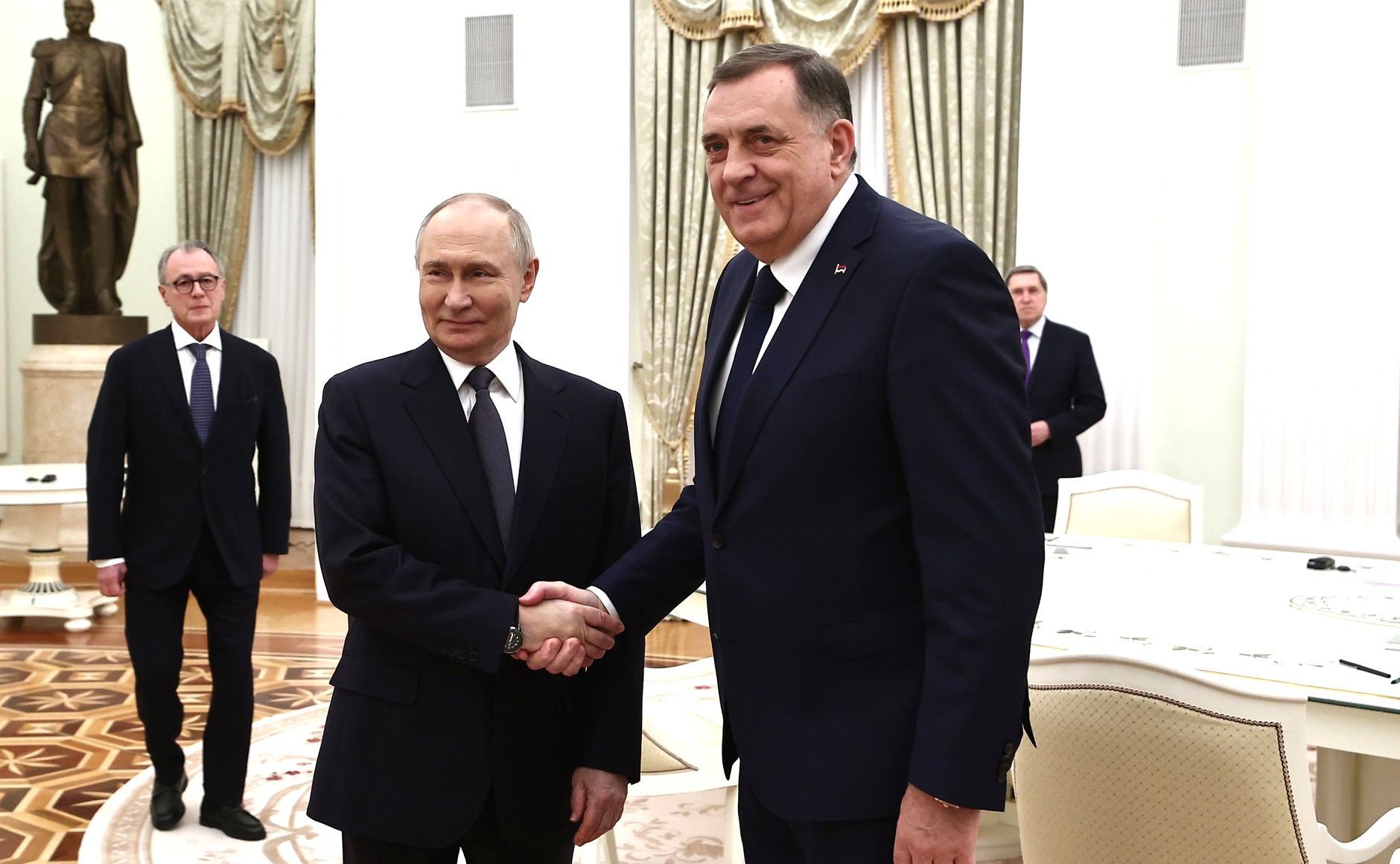
Wagner Suffers Another Military Setback in Africa, This Time in Mali
Wagner Suffers Another Military Setback in Africa, This Time in Mali
Executive Summary:
- On July 27, the Wagner Group, the notorious Russian private military company (PMC), suffered substantial losses while stationed in Mali to combat terrorist threats in the region.
- Kyiv’s Defense Intelligence of the Ministry of Defense (GUR) issued a statement linking Ukraine to the incident, demonstrating the country’s effectiveness in countering Russia’s military presence in Africa and elsewhere.
- Wagner’s defeat in Mali underscores the significant limitations of Russia’s PMCs in achieving sustained success in volatile regions like Sub-Saharan Africa due to Russia’s declining influence and increasing involvement of Ukrainian operatives.
On July 27, various Telegram channels posted videos suggesting that the Wagner Group had suffered a horrific defeat in Mali, in which as many as 82 Russian militants were killed in an ambush as they were accompanying government troops on patrol (T.me/rosich, July 27; Meduza; Tme/razgruzka_vagnera, July 29). Wagner is perhaps Russia’s most notorious private military company (PMC) and is known for its work in countries of the Global South and its war crimes in Ukraine and beyond. Based on previous cases and new developments, Wagner’s defeat in Mali does not come as a surprise or coincidence (see EDM, September 6, 2023; see Terrorism Monitor, September 8, 2023). Russia’s mercenaries are unlikely to achieve success in the more volatile countries of Sub-Saharan Africa, and local leaders, who might be under the erroneous impression that reliance on Russian mercenaries is their silver bullet, are becoming more aware of this. Wagner’s recent failure demonstrates the deterioration of Russia’s military influence and presence in Africa and holds the potential to spark further defeats in the near future.
Russian mercenaries have been stationed in Mali for a couple years now. In September 2021, at the 76th session of the UN General Assembly, Russian Foreign Minister Sergey Lavrov announced, “Mali’s transitional government … has called upon a private Russian military company … to [ensure] Mali’s defense capability and combat readiness for eliminating the terrorist threat and other threats” (Russian Ministry of Foreign Affairs, September 25, 2021). Russian Wagner mercenaries were first reported in Mali in December 2021, which was later confirmed by Lavrov himself (BBC News Russian, September 27, 2021; see EDM, October 13, 2021; France24.com, December 25, 2021). The decision of local political leadership was most likely stipulated by Russia’s promise to assist in dealing with existing security threats by (para)military means following the military-security hole left by France’s withdrawal from the region (see Terrorism Monitor, March 20, 2020).
Specifically, Russian military contractors were tasked with destroying the al Qaeda-affiliated group Jama’at Nasr al-Islam wal Muslimin (JNIM), a militant jihadist organization formed in 2017 that international peacekeeping forces could not effectively deal with (Jeuneafrique.com, November 10, 2022). Despite its economic weakness, Mali has found ways to cooperate with Russia in such areas as agriculture, education, medicine, geology, military, and security (TASS, July 29, 2023). The country is particularly rich in natural resources—including gold, uranium, diamonds, copper, iron ore, precious stones, zinc, manganese, bauxite, lead, lithium, and rock salt—whose commercial exploitation is hindered by the lack of infrastructure (Mediazona, September 11, 2023).
Having arrived in Mali, the Wagner fighters started practicing common methods of warfare, in which crimes against humanity and terrorizing the local population are considered the norm. This became a particular concern in the United Nations and other international organizations (DW, February 1, 2023). According to independent investigators (both Russian and foreign), war crimes committed by Wagner mercenaries in Mali resulted in the deaths of hundreds of civilians, mainly of the Fulani people, who are associated with the support of anti-government militants. Cumulatively, the figure of those killed could be well above 1,000, given that Wagner mercenaries destroy any and all traces of their executions (YouTube.com, October 13, 2022; Meduza, November 20, 2022).
Militarily, however, Wagner has struggled to achieve its primary objective and has suffered a string of defeats. In April 2023, a military base that hosted Wagner mercenaries was attacked, claiming the lives of at least ten people (Ru.euronews.com, April 23, 2023). Rumors also contend that a Belarusian helicopter reportedly carrying Wagner fighters was downed in the country at the end of September 2023 (Focus.ua, September 23, 2023). For a while, given the internal transformations in Wagner following the death of former leader Yevgeny Prigozhin and the PMC’s rebranding, news about Wagner’s presence in Mali was scarce (see EDM, September 6, 2023). Everything changed on July 27, when huge losses suffered by Wagnerites in the country became public.
According to the most recent reports, several dozen Wagner mercenaries, accompanied by a detachment of pro-government armed forces, were killed in an ambush laid by the Tuareg people (a Berber ethnic group). This group had declared independence and formed their own state in the north of Mali in 2012 (Svoboda.org, July 29). In addition to heavy losses of personnel—according to various sources, between 20 and 80 were killed—the group may have lost (either dead or taken prisoner) several leaders (Bfm.ru, July 28; Rtvi.com, July 29). Anton “Lotos” Yelizarov, who had played the decisive role in the capture of Soladar in Ukraine, was lost, and the head of the 13th storm unit, Sergey “Pond” Shevchenko, was killed in action (Bbc.com, July 28; Rbc.ru, July 29). Additionally, the group lost an administrator of the Wagner-linked main information channel Gray Zone, Nikita “White” Fedianin, during the ambush (Pravda.com.ua, July 28). The Tuaregs also claimed, and provided video evidence, that they managed to capture several Wagner prisoners and took control of ammunition and vehicles belonging to the mercenaries (Ru.euronews.com, July 29).
After the attack, Oleg Tsaryov, a former member of the Ukrainian parliament who defected to Russia, stated that without Prigozhin and Dmitry Utkin (a former commander who died in the same plane crash with Prigozhin), Wagner “was no match for Africans.” He contended that a situation like this “would never have happened” were they still alive. Without its former leaders, the group “is suffering more and more losses” more frequently (Fontanka.ru, July 28). Additionally, Ukraine’s Defense Intelligence of the Ministry of Defense (GUR) released a statement, without revealing any further details, linking the destruction of the Wagner column with Ukrainian assistance (Kyiv Post; Suspilne.media, July 29). If correct, this means that Ukraine and its special forces will likely continue to challenge Russia and its mercenaries in Sub-Saharan Africa (see EDM, November 14, 2023). Ukraine has garnered an impressive track record in confronting Russia’s mercenary formations on its own territory and is now leaning on this experience in Africa (Kyiv Post, November 6, 2023; YouTube.com, February 5).
In a broader sense, the Wagner defeat in Mali fits a pattern. After all, the group had to retreat from Mozambique in 2020 following the defeat it sustained in the Cabo Delgado province in the fight against local rebels (see EDM, January 28, 2020). In effect, outside of the Central African Republic, where the group has achieved a semblance of success, the PMC could not boast any notable victories in Africa. The issue, as stated in prior research, primarily stems from Wagner’s “Soviet playbook” in dealing with insurgencies (see War By Other Means, May 13, 2020). The Russian (Soviet) side has historically been good at organizing insurgencies but has always had trouble confronting these movements. This means that African leaders who vest hope in Russian mercenaries as a solid and reliable protective shield might start to think twice before allowing a Russian PMC presence on their territories.
The Wagner Group’s recent defeat in Mali underscores the significant limitations of Russia’s private military forces in achieving sustained success in volatile regions like Sub-Saharan Africa. Despite initial promises and a reputation for aggressive tactics, Wagner’s failure to secure stability and its substantial losses reveal the declining efficacy of Russian mercenaries. This development signals a broader erosion of Russian military influence in Africa and suggests that local leaders relying on such forces may face further setbacks. Moreover, the involvement of Ukrainian forces in challenging Wagner indicates a shift in the dynamics of international military engagements in Africa, potentially diminishing Russia’s strategic advantage.


